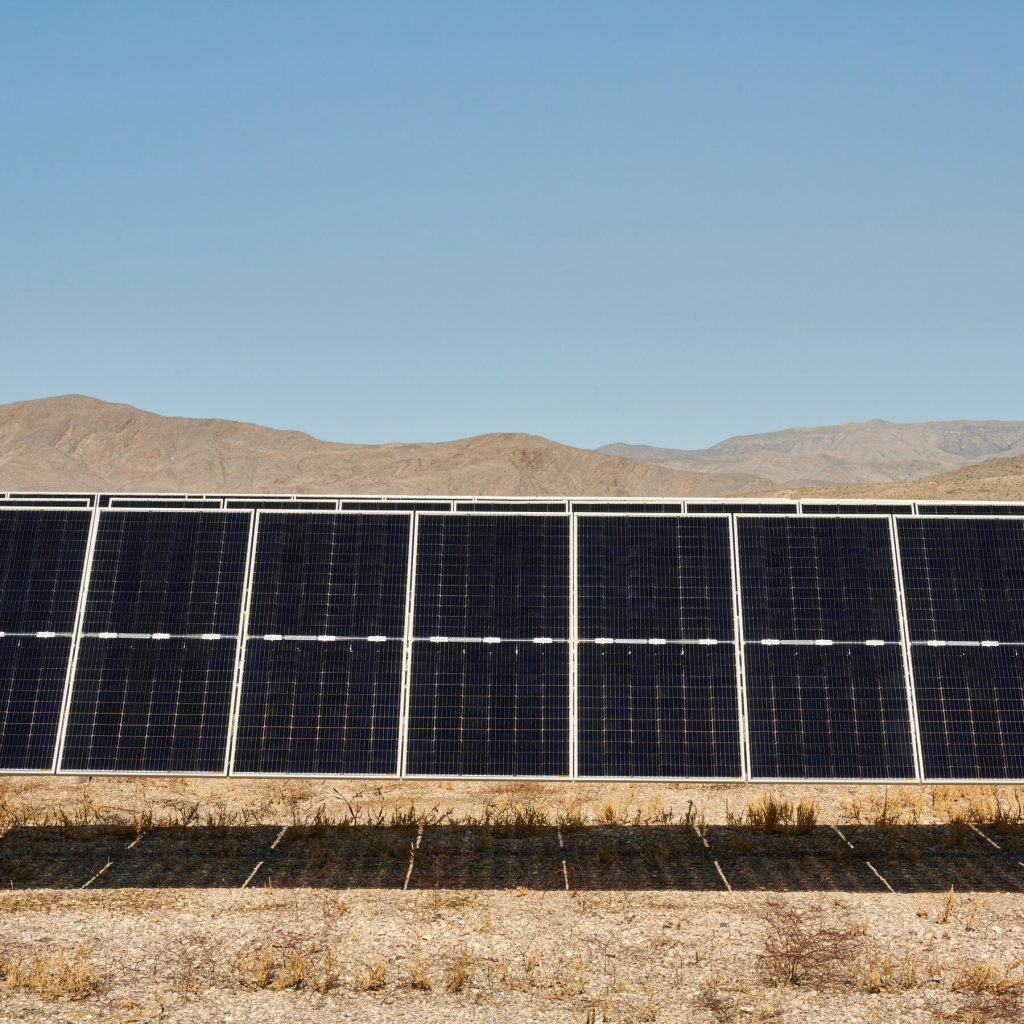Trump Moves to Cancel Esmeralda 7, a Giant Solar Project

In a move that has sparked widespread criticism from environmentalists and renewable energy advocates, the Trump administration has taken steps to cancel the Esmeralda 7 solar project, a massive development planned for the Nevada desert. The project, which had been in the works for years, was expected to generate enough clean energy to power nearly two million homes, making it one of the largest solar farms in the United States.
The Esmeralda 7 project, proposed by a renewable energy company, would have sprawled across thousands of acres of public land in southern Nevada, producing 750 megawatts of electricity and offsetting millions of tons of carbon emissions annually. Proponents of the project argued that it would not only help reduce the country’s reliance on fossil fuels but also create hundreds of jobs and stimulate local economic growth.
However, the Trump administration has reportedly cited concerns about the project’s potential impact on wildlife habitats and national security as reasons for its cancellation. While details of the decision remain scarce, critics are already decrying the move as a setback for the US renewable energy sector, which has been rapidly expanding in recent years.
“This is a devastating blow to our efforts to transition to a low-carbon economy,” said a spokesperson for the renewable energy industry. “The Esmeralda 7 project was a shining example of the kind of large-scale, sustainable energy development that we need more of in this country. Its cancellation is a clear indication that the Trump administration remains out of touch with the urgent need for climate action.”
The cancellation of Esmeralda 7 is also seen as a reversal of the Obama administration’s efforts to promote large-scale renewable energy development on public lands. Under the previous administration, several major solar projects were approved, including the 550-megawatt Desert Sunlight Solar Farm in California and the 360-megawatt Silver State North Solar Project in Nevada.
As the US continues to grapple with the challenges of climate change, the cancellation of Esmeralda 7 has raised questions about the Trump administration’s commitment to renewable energy and its willingness to prioritize environmental concerns over economic development. With the sector continuing to grow and evolve, many are watching to see how this decision will impact the future of clean energy in America.





